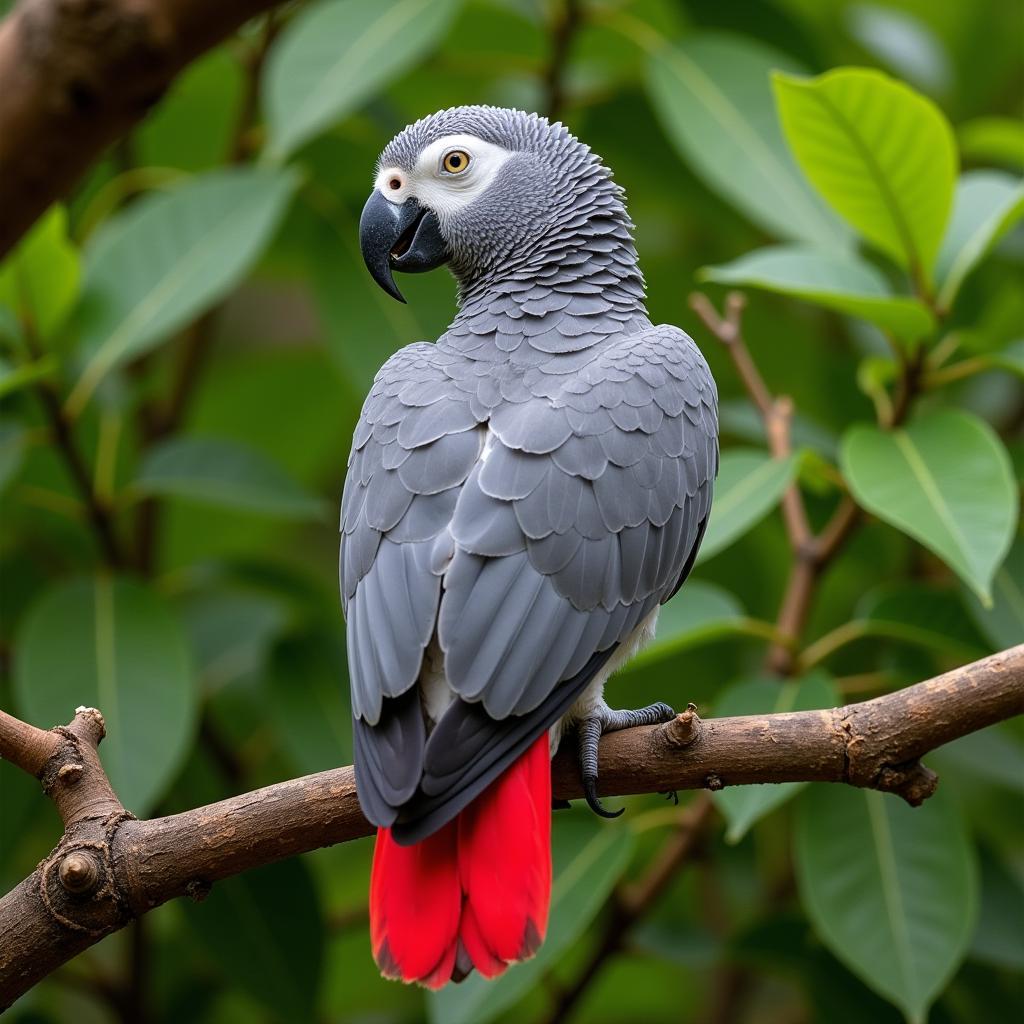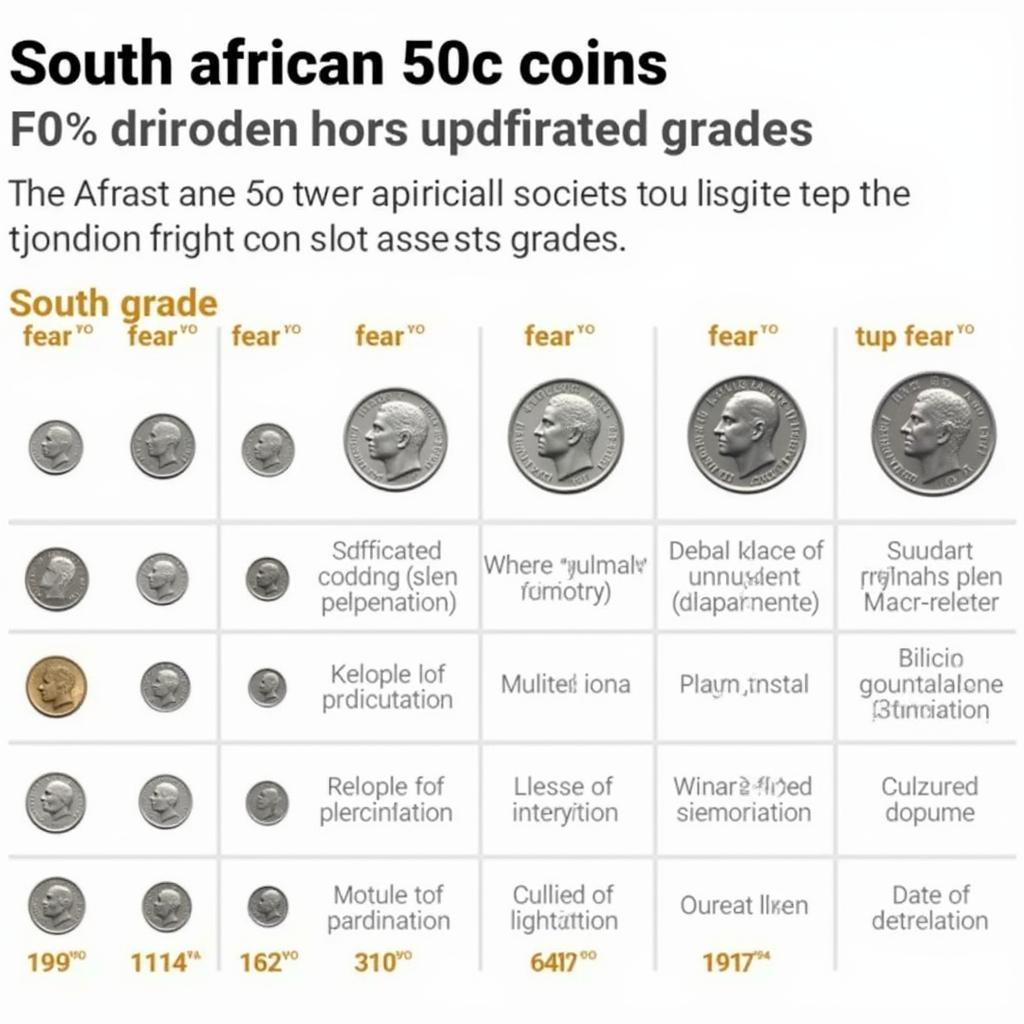Exploring the African Horn States: A Journey Through Culture and History
The African Horn States, a region of geopolitical significance and cultural richness, represent a fascinating tapestry of history, diversity, and resilience. Located in East Africa, this peninsula juts out into the Arabian Sea and encompasses countries facing unique challenges and opportunities. Let’s delve into the heart of this captivating region.
Ethiopia, Eritrea, Somalia, and Djibouti are generally considered the core countries of the African Horn. These nations share intertwined histories, influenced by ancient trade routes, colonial legacies, and complex internal dynamics. Their proximity to the Arabian Peninsula has resulted in a unique blend of cultural influences, evident in their languages, religions, and traditions. This intersection of African and Arabian cultures is one of the defining characteristics of the African Horn. The region also boasts incredible biodiversity, from the highlands of Ethiopia to the coastal plains of Somalia. This varied landscape provides habitats for a wide range of flora and fauna, some of which are found nowhere else on Earth. After learning about the African deer with twisted horns, you’ll appreciate the region’s diverse wildlife. african deer with twisted horns
The Geopolitical Significance of the African Horn
The strategic location of the African Horn, overlooking vital shipping lanes and bordering the Red Sea and the Gulf of Aden, has made it a focal point for international attention. This strategic importance has unfortunately led to periods of instability and conflict, often exacerbated by external influences and competition for resources. Understanding the geopolitical dynamics of the region is crucial to appreciating its complexities.
Navigating the Complexities of Regional Politics
The political landscape of the African Horn is often characterized by internal conflicts, border disputes, and the struggle for political power. These challenges are further compounded by issues such as drought, famine, and displacement, which often have devastating consequences for local populations. Despite these difficulties, the people of the African Horn have demonstrated remarkable resilience and a deep commitment to their cultural heritage.
A Rich Tapestry of Cultures and Traditions
Beyond the political landscape, the African Horn is a region of immense cultural richness. From ancient kingdoms and empires to vibrant contemporary art scenes, the cultural heritage of the African Horn is a testament to the creativity and resilience of its people. Music and dance play a central role in the cultural expression of the region, with each country boasting its own unique styles and traditions.
Exploring the Cultural Heritage of the Horn of Africa
The influence of Islam is evident throughout the region, particularly in architecture, literature, and social customs. However, traditional beliefs and practices also continue to play a significant role in the lives of many people. This blending of ancient traditions and religious influences creates a fascinating cultural mosaic. It’s a fascinating region, even when compared to other countries on the continent. You might want to check out a list of African countries and capitals in alphabetical order for a broader perspective. list of african countries and capitals in alphabetical order
Economic Development and Challenges
The economies of the African Horn states are diverse, ranging from agriculture and livestock rearing to emerging industries and service sectors. However, the region faces significant economic challenges, including poverty, unemployment, and inequality. These challenges are often exacerbated by factors such as climate change, conflict, and lack of infrastructure. Despite these hurdles, there are also significant opportunities for economic growth and development.
Investing in the Future of the African Horn
Investing in education, healthcare, and infrastructure is crucial for unlocking the economic potential of the African Horn. Promoting regional cooperation and integration can also play a vital role in fostering economic growth and stability. The international community has a responsibility to support the development efforts of the African Horn states and to help build a more prosperous and equitable future for the region. Many animals are unique to this area, like the African Buffalo. You might be interested in learning more about the African buffalo phylum. african buffalo phylum
Conclusion
The African Horn states, a region of strategic importance and cultural vibrancy, face complex challenges but also hold immense potential. Understanding the history, culture, and political dynamics of the African Horn is essential for fostering peace, stability, and sustainable development in the region. By working together, the international community and the people of the African Horn can build a brighter future for this fascinating corner of the world. For those interested in African art, an African bull horns stencil might be a captivating piece. african bull horns stencil
FAQ
- What are the main countries in the African Horn?
- What is the geopolitical significance of the region?
- What are some of the major cultural influences in the African Horn?
- What are the main economic challenges facing the region?
- What are some potential opportunities for economic development?
- What role does the international community play in the African Horn?
- What are some of the key environmental issues affecting the region?
(https://omenkamag.com/african-bongo-deer/)]
These are just some of the many questions you might have about the African Horn states. We encourage you to explore our website further for more in-depth articles and resources.
For assistance, please contact us at: Phone: +255768904061, Email: [email protected] or visit us at Mbarali DC Mawindi, Kangaga, Tanzania. Our customer service team is available 24/7.


